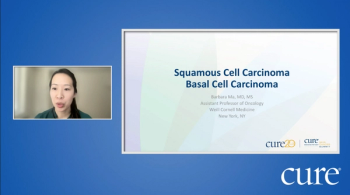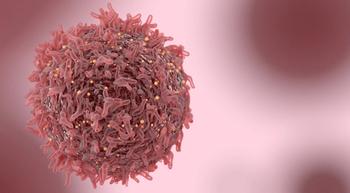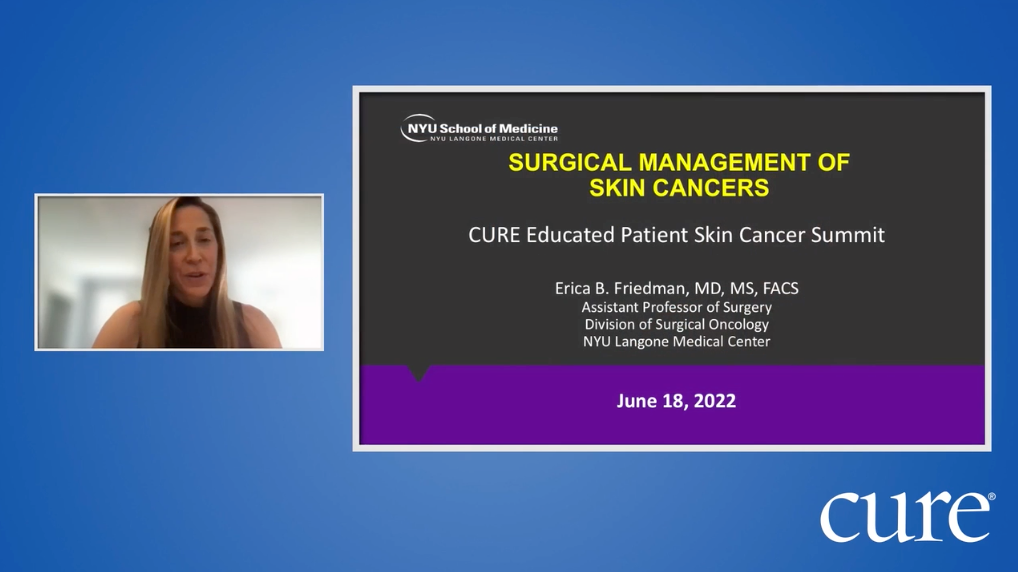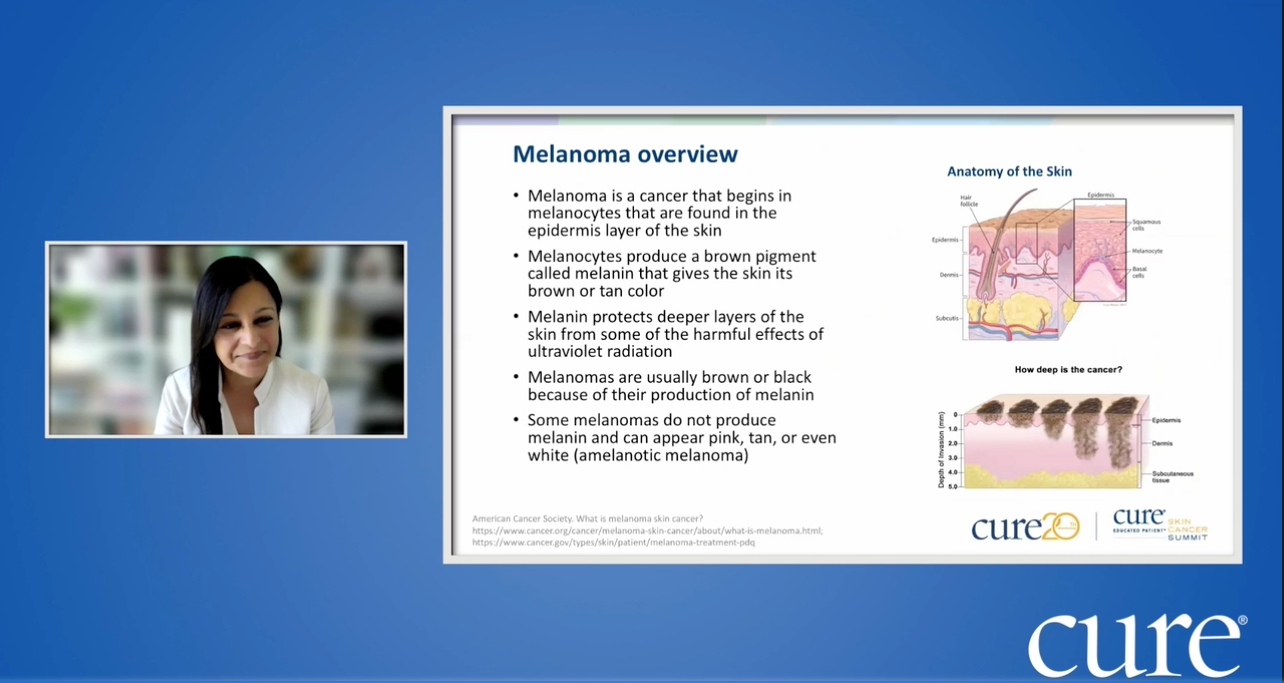
Skin Cancer
Latest News
Latest Videos
More News

I prefer when people respond with empathy when they hear about my wife’s death from cancer, though I’m often met with sympathy first.

Watch Dr. Evan J. Lipson, from Johns Hopkins Medicine, discuss Merkel cell carcinoma, during the CURE Educated Patient Skin Cancer Summit.

Watch Dr. Barbara Ma, from Weill Cornell Medicine, discuss the basics of basal and squamous cell carcinomas during the CURE Educated Patient Skin Cancer Summit.

Keytruda, an immunotherapy agent, demonstrated significant improvement in both distant metastasis-free survival and recurrence-free survival compared to placebo.

Patients can still talk to their clinicians about enrolling in a sub-study of the FIRELIGHT-1 trial, analyzing tovorafenib plus pimasertib in progressive or refractory solid tumors with MAPK pathway aberrations.

From PGA Tour golfer Justin Thomas’ new sun-protection line to soap opera actress Marnie Schulenburg’s breast cancer death and the first child to receive CAR-T cell therapy celebrating 10 years cancer-free, here’s what’s happening in the cancer space this week.

I like to think that cancer advocates live the motto of the postal service, “Neither snow nor rain nor heat nor gloom of night stays these couriers from their swift completion of their appointed rounds.”

The primary objective of the early-stage trial is to determine the maximum tolerated dose of the novel drug in a group of patients with recurrent and/or refractory solid tumors.

Patients within the study who developed the rare skin condition were more likely to experience better tumor responses than those who did not develop the side effect.

Upon reflecting on my late wife's cancer experience, one of my major regrets is not properly saying goodbye.

Compared with Yervoy alone, the use of Yervoy plus Opdivo was associated with a significant survival benefit as a second-line treatment in patients with previously treated advanced melanoma, a type of skin cancer.

A phase 2 trial will investigate LTX-315 in patients with basal cell carcinoma, the most common form of skin cancer.

It is expected that up to 18 patients with leptomeningeal metastases — a serious form of cancer that has spread from its original location to an area surrounding the brain and spinal cord — will receive treatment with the investigational drug.

At first, I struggled to keep up with the scientific jargon being presented at a cancer conference, but eventually I hit my stride and now I leave these events with a renewed sense of inspiration.

Patients with stage 3 melanoma, a type of skin cancer, that has metastasized to the lymph nodes may benefit from skipping lymph node removal surgery and receiving treatment with adjuvant therapy, although more research is needed in this area.

The use of bempegaldesleukin and Opdivo failed to meet its goal of significantly improving progression-free survival and responses to treatment, compared with Opdivo alone in patients with previously untreated unresectable or metastatic melanoma, according to data from an initial analysis of the phase 3 PIVOT IO-001 study.

FDA Approves Opdualag, a New Fixed-Dose Combination Treatment, For Certain Patients With Skin Cancer
The FDA’s decision to greenlight Opdualag is based on data that showed that the combination more than doubled survival without disease progression when compared with Opdivo in patients with previously untreated metastatic or unresectable melanoma, a type of skin cancer.

The findings, according to the study’s lead author, justify the use of Opdivo plus relatlimab as a new treatment option for patients with advanced melanoma, a form of skin cancer.

Recent research has demonstrated the ability of immunotherapy combinations to target advanced melanoma.

When two small spots appeared on my face, I couldn’t help but wonder if they might be cancerous. Had I failed to protect my skin with a hat or sunscreen? Suddenly, I was cancerphobic.

Aesthetic appearances, according to an expert at the UCSF, are often important for patients following the surgical treatment of cancer. Advancements in this space over the past 20 years have allowed many to patients to look as normal as possible.

The time patients with resected melanoma, a type of skin cancer, lived without their disease spreading to distant organs improved drastically after treatment with Keytruda.

The number of people developing leptomeningeal disease is increasing for the same reason that diagnoses of brain metastases are on the rise: People are living longer, giving cancer more time to spread.

Better therapies are on the horizon for cancer that has spread to the brain, including a clinical trial that matches patients with treatments based on unique genetic changes in brain metastases.

The goal of the phase 2 trial is to study the safety and efficacy of ASP-1929, a photoimmunotherapy with fluorescence imaging, in patients with head and neck or skin cancer.













